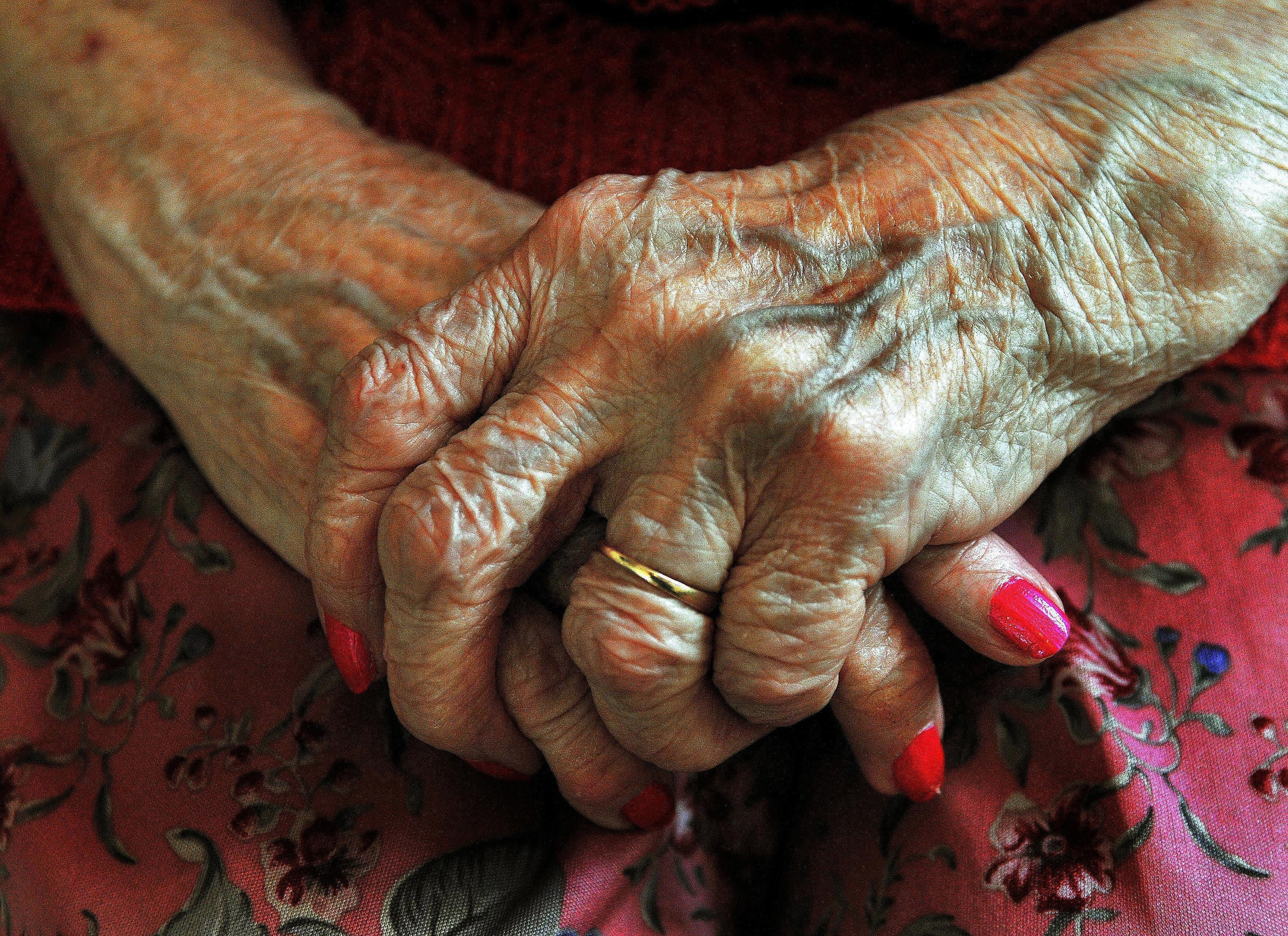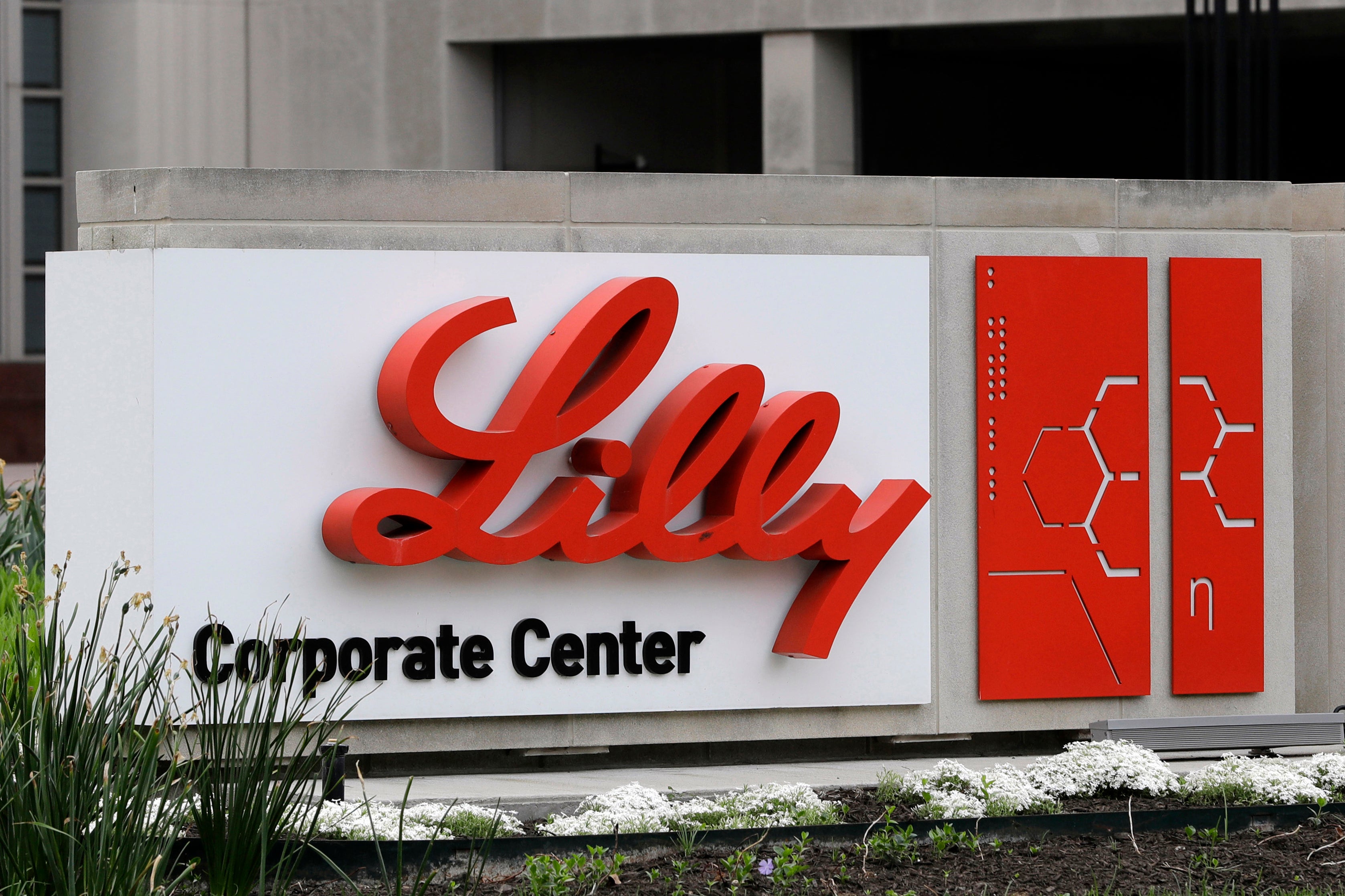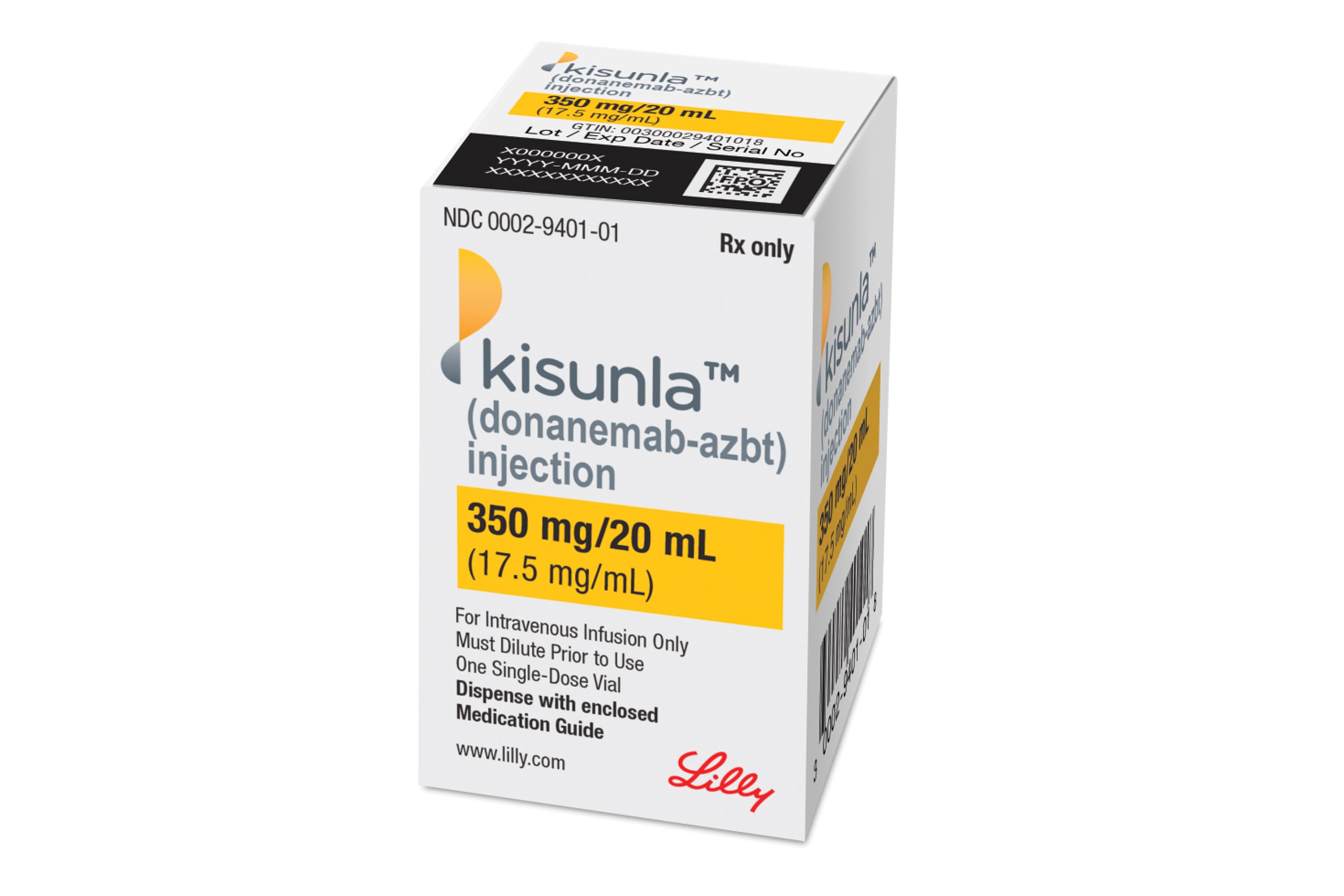New Alzheimer’s drug rejected for NHS use – because it’s not worth the money
Alzheimer’ patients in UK left behind over regulator’s decision to reject use of new drugs

A new Alzheimer’s drug has been rejected for widespread use in the NHS in England after the health spending watchdog ruled it “does not currently demonstrate value for the NHS”.
The new drug, called donanemab, has been rejected for use in England’s health services by the National Institute for Health and Care Excellence (NICE).
Alzheimer’s UK said the decision could be a “frustrating setback” for people with the disease and warned the decision both risks leaving patients in the UK behind and signalling that the country is no longer a good place to launch treatments.
The decision comes after the medication was licensed for use in the UK by the Medicines and Healthcare products’ Agency (MHRA).
It is the second disease-modifying Alzheimer’s drug to be rejected by the NICE in a matter of months.
Donanemab, also known as Kisunla, is manufactured by pharmaceutical giant Eli Lilly and is a targeted antibody drug which slows the early stages of Alzheimer’s.
The drug, and another new treatment for Alzheimer’s called lecanemab, have been billed as a huge step forward in research because they target a known cause of the disease, rather than just treating the symptoms.
NICE’s director of medicines evaluation, Helen Knight, said: “For NICE to be able to approve a medicine for use in the NHS it must provide additional benefits to patients, and it must also represent a good use of NHS resources and taxpayers’ money.
“Our independent committee looked at all the available evidence, including the benefits for carers. This shows donanemab could slow down cognitive decline by four to seven months, but this is just not enough benefit to justify the additional cost to the NHS. The cost-effectiveness estimate for donanemab is five to six times above what NICE normally considers an acceptable use of NHS resources.”
“I know this will be disappointing news, but this is an emerging field of medicine and there are other treatments being developed.”
In August, lecanemab was approved by the medicines regulator, the Medicines and Healthcare products Regulatory Agency (MHRA), making it the first drug of its kind to be licensed for use in the UK.
But NICE said the benefits of lecanemab, made by Eisai and sold under the brand name Leqembi, are “just too small to justify the significant cost to the NHS”, and in draft guidance, it said the drug should not be rolled out for widespread use across the NHS.

Concerns were raised that the decision would lead to a two-tier system for Alzheimer’s patients - with those who can afford the drug able to access it privately while others who rely on NHS care were left without.
Both donanemab and lecanemab bind to amyloid, a protein which builds up in the brains of people living with Alzheimer’s disease. By binding to amyloid, the drugs are designed to help clear the build-up and slow down cognitive decline.
Evidence suggests people get the most benefit if they are given the treatment at an earlier stage of the disease.
Clinical trials testing the safety and efficacy of donanemab found it could slow the rate at which memory and thinking get worse by more than 20 per cent.
Results also suggest the drug leads to a 40 per cent reduction in the decline of everyday activities such as driving, enjoying hobbies and managing money.

The drug, which is given to patients in an intravenous drip once every four weeks, does carry a risk of side-effects - some of them serious, including brain swelling and micro brain bleeds.
Both donanemab and lecanemab have been approved for use in the US, though the European medicines regulator rejected lecanemab earlier this year.
Hilary Evans-Newton, chief executive at Alzheimer’s Research UK, said: “Today’s announcement marks another frustrating setback for people affected by Alzheimer’s disease.
“We finally have two new treatments licensed in Britain for Alzheimer’s, but it’s incredibly disappointing that NHS patients in England and Wales won’t receive them.
“While these drugs are not cures and come with risk of side-effects, trials show they are the first treatments to slow the decline in memory and thinking skills linked to Alzheimer’s, rather than just alleviating symptoms...Today’s decision also risks signalling that the UK is no longer a good place to launch new dementia treatments.”
The charity has written to the health secretary, Wes Streeting, urging him to convene with NICE and NHS England to sure UK Alzheimer’s patients are not “left behind.”
Manufacturer Lilly welcomed the news that the drug has been licensed in the UK and said it “remains confident in the clinical and cost-effectiveness of donanemab and the value that it can bring to patients and to the NHS”.
Join our commenting forum
Join thought-provoking conversations, follow other Independent readers and see their replies
Comments
Bookmark popover
Removed from bookmarks